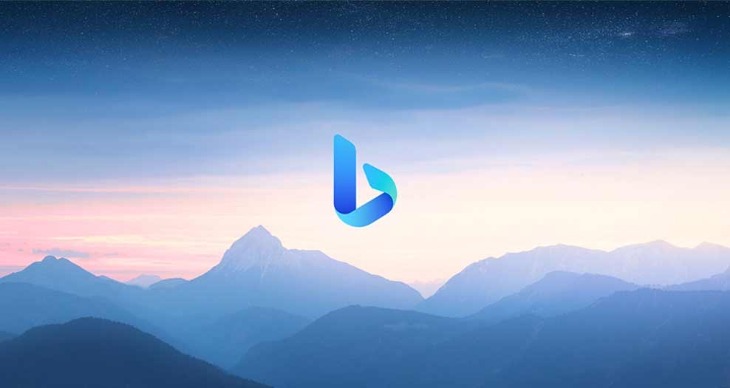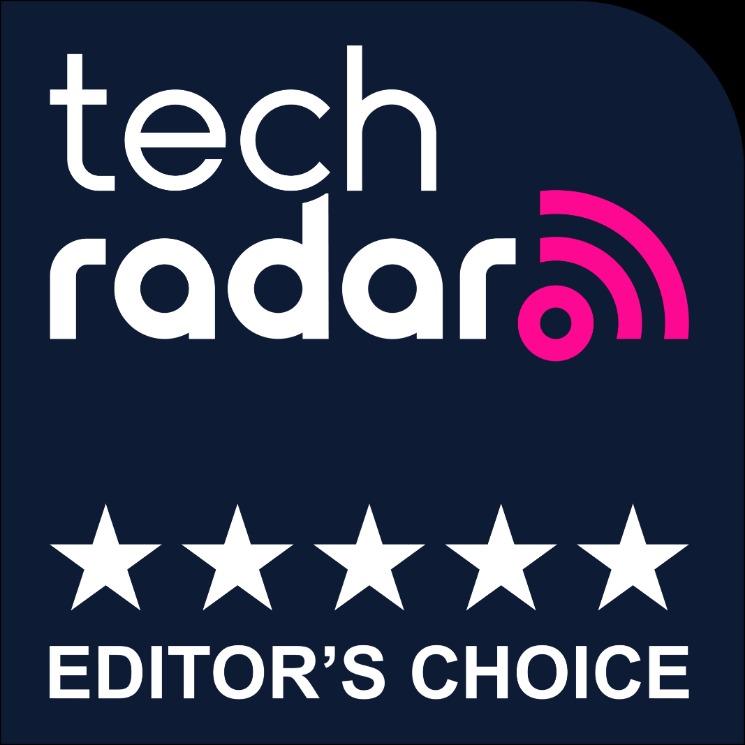
As a result, it would be difficult to locate you or trace the dark web activity back to you. DuckDuckGo is the best dark web search engine, as it offers an excellent user experience akin to surface web search engines. Its effectiveness in scouring the shadowy depths of the dark web can be likened to what Google does on the surface web. The Tor network’s principal benefit is that it routes your traffic through numerous servers, wrapping it in several layers of encryption.
It has a range of settings you can configure to help with security and privacy. Disabling JavaScript, ActiveX, and Flash plugins, for example, will help to strengthen your privacy, though this may also cause some sites to run poorly. The dark web’s origins are often traced back to March 20, 2000, with the launch of Freenet, a peer-to-peer sharing network designed to prioritize anonymity.
- If you are curious about accessing the deep web, you are likely already using it daily through pending website redesigns, blog posts under review, and pages accessed during online banking.
- Also, it is worth noting that using Tor may draw attention from authorities if they suspect you are engaging in illegal activities or if your online behavior raises suspicion.
- Privacy and anonymity are the core values of the dark web, and it hosts both harmless activities and illegal content.
- There are four nodes between your computer and the website you want to connect to.
- Additionally, law enforcement agencies and journalists often monitor the dark web to track illegal activities and gather news stories.
- Setting up I2P requires more configuration on the user’s part than Tor.
Method II – VPN Over Tor
It’s like an iceberg – The visible tip above water, known as the “surface web” represents the familiar, searchable content. But lurking beneath lies the expansive, mysterious “deep web” or“dark net” – the gigantic submerged part that remains invisible to standard searches. A VPN (Virtual Private Network) encrypts your internet traffic and hides your IP address before you access the Tor network.
Its server network includes dedicated nodes set up to reroute internet traffic through the Tor network. Tor Over VPN servers are identified with an onion symbol and found in the country list. This is below the surface web and accounts for about 90% of all websites.
- By using Tor, and especially in combination with a VPN, your internet signal is encrypted, making it invisible to your ISP.
- Yes, if you don’t use a VPN, your ISP can see that you’re connecting to the Tor network.
- For instance, the Ashley Madison data dump was posted to a site only accessible to Tor users.
- In any case, it can be used for any dark web activity thanks to various privacy features.
- Because of the dark web’s association with illicit activity, your use of Tor may be tracked by your ISP, drawing unwanted scrutiny to your browsing behavior.
- Suppose you share your name, social security number, or any other personally identifiable information on any dark website.
US Cybersecurity Laws Related To The Dark Web
Privacy and anonymity are the dark web’s hallmarks, thanks to a network of servers that hide users’ identities and locations. It makes up about 6% of the internet, and it’s where you find everything from illegal marketplaces to forums for whistleblowers. It hosted over 7,000 .onion categorized links to make surfing the web easier. One of Daniel’s impressive features was the built-in functionality that showed whether a particular dark website is online. After more than a year of no updates, the site admin shut it down, reasoning that he couldn’t keep the list of onion links up-to-date. The Camouflage Mode is intended for people living in countries with heavy internet censorship, like China.

INTERNET TROUBLESHOOTING AND GUIDES
The dark web is a portion of the deep web that is intentionally hidden and requires specific software like Tor (The Onion Router) to access. Websites on the dark web have .onion addresses, and they operate differently from regular sites. When the dark web is mentioned online, it is usually in tandem with criminal marketplaces and arrests made by law enforcement agencies. ZDNET’s recommendations are based on many hours of testing, research, and comparison shopping. We gather data from the best available sources, including vendor and retailer listings as well as other relevant and independent reviews sites. And we pore over customer reviews to find out what matters to real people who already own and use the products and services we’re assessing.
Finding Legitimate Websites
So, even though it does exist on the internet, Google doesn’t index any of these pages or content. As I’ve previously said, it’s a good idea to keep your interactions with the dark web to a minimum, unless you can absolutely trust the people you’re dealing with. You’ll often see a sign in stores that says “look, don’t touch,” and it’s not a bad adage to bear in mind as you navigate around the dark web.
Legitimate Use Cases For The Average User
Choose the version that corresponds to your device’s operating system to ensure compatibility and optimal performance. Many transactions on the dark web use cryptocurrencies like Bitcoin for anonymity. Ensure you understand how to use cryptocurrency wallets securely, and never keep large amounts in a single wallet. Use a separate wallet for dark web transactions to further protect your funds. The dark web is like the mysterious basement of the internet — dimly lit, a little spooky and filled with stuff you probably shouldn’t touch.

Understand Legal Risks
A quality VPN like ExpressVPN will encrypt your internet traffic and mask your IP address, providing an extra layer of anonymity when establishing the initial Tor connection. However, the line is drawn at what you’re doing once you’re on the dark web. Engaging in illegal activities—like buying drugs, trafficking stolen data, or distributing harmful content—is absolutely against the law. Downloading Tor or browsing .onion sites doesn’t break any laws on its own.
Live-Streaming Dangers: Protecting Children In The Digital World
Keep in mind that in some regions like China and Russia, it’s illegal to use anonymizers. If you’re in a restrictive country, you’ll be crossing the red line and authorities could be at your heels. The silver lining is that no one has been arrested or prosecuted for using an anonymizing browser. You can never be sure of the motive of the person operating the node that your traffic is routed through. Anonymizing browsers are banned in some countries like China and Russia. Moreover, given the nefarious nature of the dark web, some government agencies may set up Tor gateways to monitor what’s happening on the dark web.

This adds extra protection since opening Tor itself encrypts your traffic. A virtual private network (VPN) is a good way to mask Tor activities. It adds an extra encryption layer and passes your traffic through a secondary server of your choice, preventing anyone from seeing that you are accessing the web via Tor. While Tor offers anonymity on the dark web, your online activities leave breadcrumbs that can reveal your identity. That is why you should only use a reliable VPN like ExpressVPN or NordVPN for additional security and privacy.
In the European Union, directives and regulations harmonize cybercrime laws across member states, creating a unified approach while allowing for national variations in enforcement. International bodies like the United Nations have advocated for a unified approach to cybercrime legislation. The UN Office on Drugs and Crime (UNODC) is working to develop an international legal framework to address cybercrime, including activities on the dark web. This initiative aims to harmonize laws across countries, facilitating prosecutions and international cooperation. In the European Union, the General Data Protection Regulation (GDPR) has influenced how personal data is handled, including on the dark web. The GDPR imposes strict requirements on data controllers and processors, with substantial fines for non-compliance.

First things first, it’s important to know the difference between what is meant by the ‘Deep Web’ and the ‘Dark Web’. The two terms are often used interchangeably, so knowing exactly what the difference is can be crucial. The internet is huge—even in its shadows—it is possible to wander legally there. However, the dark web has far more uses for organizations and individuals than what a small subset of criminals do under its umbrella.
A Virtual Private Network (VPN) is a service that protects your internet connection by encrypting your data and routing it through a remote server. This process masks your IP address and makes it appear as if you are browsing from a different location. VPNs also provide an additional layer of security by encrypting your internet traffic, keeping your online activities private from prying eyes. While we discourage engaging in illegal activities, there are legitimate websites and forums on the Dark Web that promote privacy, cybersecurity, and digital rights.



